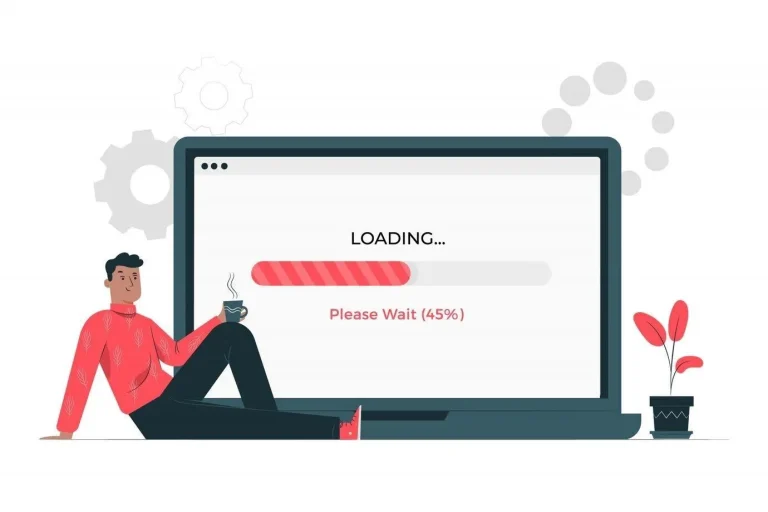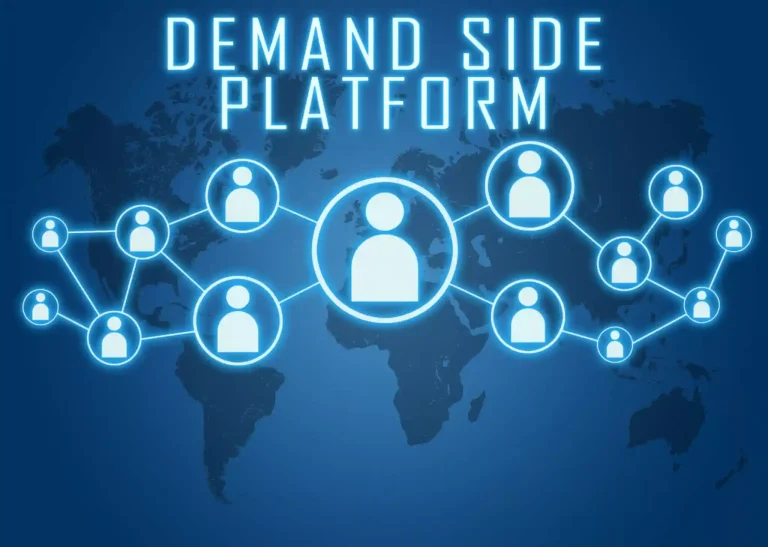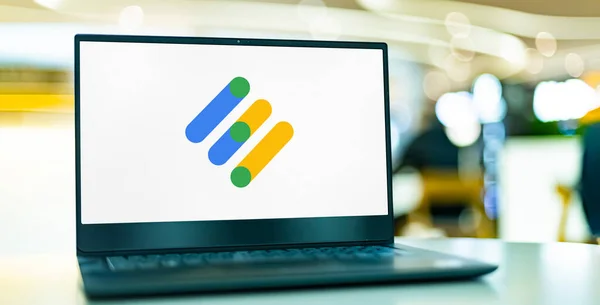AdSense announced that it will be moving to a first-price auction model by the end of 2021. Since the news broke, we’ve gotten a lot of questions about what made Google take this step now and how it will affect publishers. So, we decided to write a blog and answer the frequently asked questions on this.
Table of Contents
- An overview of first-price auction vs. second-price auction
- Why is Google AdSense shifting to first-price auction?
- Which AdSense products will be affected by this move?
- What are the steps publishers need to take?
- How will Google’s shift to first-price auction affect your ad campaigns?
- How will the first-price auction affect ad revenue generated by AdSense?
- What do industry experts think about Google’s move?
- What’s next?
An overview of first-price auction vs. second-price auction
The concept of the first-price auction and the second-price auction isn’t new and many publishers are already familiar with it. Assuming you’re a novice in programmatic advertising, let’s have a quick look at the difference between these two auction dynamics.
In a first-price auction, if two advertisers bid $3 and $4 respectively, the highest bidder pays $4 to you.
On the other hand, in a second-price auction model, if two advertisers bid $3 and $4 respectively, the highest bidder pays you a cent higher than the second-highest bid i.e. $3.01.
Why is Google AdSense shifting to first-price auction?
Google shifted its Ad Manager and AdMob to first-price auction in the mid of 2019. The goal was to create a transparent auction environment for publishers and provide a standard to the advertisers for their bidding strategies. First-price auction enables the publisher and the advertiser to see the winner’s bid and simplified the buying process.
To put it simply, by shifting AdSense to first-price auction, Google is trying to streamline the auction dynamics across AdSense, Ad Manager, and AdMob.
“In the early days of online display advertising, ad space was sold to advertisers in a second-price auction, where the final price paid by the winner was determined by the amount of the second-highest bid. Over time, many ad selling platforms in the display advertising ecosystem, including Google Ad Manager and Google AdMob, switched their auction to first-price. In a first-price auction, the final price reflects the winning bid.”
– Google (Src)
Which AdSense products will be affected by this move?
Google AdSense’s move to the first-price auction will affect:
- AdSense for Content
- AdSense for Video
- AdSense for Games
It will not affect AdSense for Shopping and AdSense for Search.
What are the steps publishers need to take?
You’re not required to do anything as Google will implement the changes automatically.
How will Google’s shift to first-price auction affect your ad campaigns?
The change from the second price to the first price won’t impact your ad campaigns. Also, it will not affect the kinds of ad formats that you show.
How will the first-price auction affect ad revenue generated by AdSense?
At this time, it’s unclear how much of an impact this move by Google will have on ad revenue. However, Google expects that, on average, this change will not benefit or hurt publishers’ ad earnings. As per Google, when it shifted Ad Manager to a first-price auction, advertisers paid more for the same inventory. This increased the ad revenue slightly for publishers.
What do industry experts think about Google’s move?
Google has been fighting to regulate the online advertising industry for years. Many times the media giant, which controls most of the advertising dollars and owns Ad Exchange, Ad Manager, AdSense, and DV360, is accused of manipulating auction dynamics. This move should enhance transparency as other DSPs will bid into AdSense to compete more effectively.
But, the ad-tech experts have different opinions. It turns out, Google’s move comes as a result of the antitrust lawsuit led by Texas and a few other Attorneys General against the company. The lawsuit has added another wrinkle to its longstanding battle with antitrust regulators.
Given the lawsuit, it would be in Google’s best interest to stop using its monopoly.
“We believe this will help grow advertiser spending confidence in digital advertising and an increase in spending confidence over time will benefit publishers (that’s you).”
– Google (Src)
Moreover, as it excludes AdSense for Search, many executives are skeptical about how it is going to remove the lack of transparency for the most dominant product of Google.
“I suppose this is Google making room for more advanced bidding and monetization opportunities in their black box.”
– A media executive (Src)
There is no question this helps Google make more money. Second price meant the winner didn’t ever overpay, now they can. You can tell this is good for big G because the blog post is short and vague. When they want to explain something they’re thorough. In this case they don’t.
— Darshan (@darshan) October 7, 2021
What’s next?
Google’s announcement is definitely raising some eyebrows in ad tech communities. By making this change, there is a perception that either Google is taking a step toward a more transparent solution or trying to stay ahead of all. Either way, advertisers’ bidding strategies will surely be different after the update. So, if you’re an AdSense publisher, watch out how first-price auctions affect your ad revenue.
Let us know in the comments if we missed anything or if you have any questions about AdSense’s first-price auction. You can also subscribe to our weekly roundup to stay up-to-date with the latest news about AdSense, privacy, and other ad tech topics.
Additional Reading: Google Unified Pricing Rules – The Next Steps For Publishers























